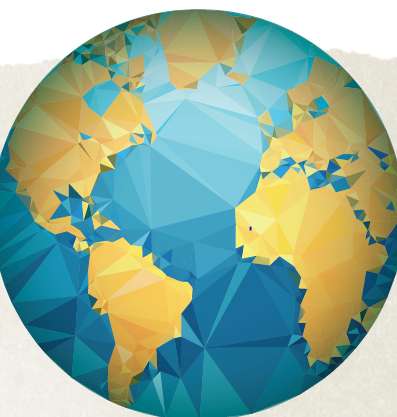INDIGENOUS PEOPLES
People from different ethnic groups who have cultural or historical differences from other populations and are tied to a specific territory are called indigenous people. These people are called different things in different parts of the world: indigenous peoples, tribal peoples, first peoples and native peoples. They make up about 5% of the world’s population. The United Nations (UN) estimates that the population of indigenous peoples is around 220-350 million. These tribal peoples belong to 5,000 different groups in 90 countries, and live in almost every region of the world with about 70% of them living in Asia. They also speak around 4,000 different languages.
An example of such a tribe is The Alaskan Yupik, one of the most well-known tribal peoples who are a group of semi-nomadic Eskimos of Alaska and the Russian Far East. These people migrate to more suitable places in different seasons in order to hunt and go fishing to sustain their lives. The Yupik hasn’t had contact with the outside world until recently so they were able to retain many of their traditions. For example, they believe that all living creatures go through a cycle of birth, death, and rebirth. Therefore, they return parts of hunted sea animals to the ocean so that they can be reborn. However, during the 20th century the Yupik gradually started abandoning some of their traditions when schools were built. When the last shamans of their society died, nobody took their place which meant that they lost their religion. Luckily, in the 21st century, the Yupik elders realized that their lifestyle was almost lost and they decided to share their wise words to change the lives of others.
Indigenous communities are threatened by mining, oil, dam building and industrial projects. They resist these invasions from the modern world with courage and skill but their protests are often ignored by governments and cooperations that only care about advancing their own interests and making money. In order to build a future, organizations like the United Nations has many declarations to share best practices related to preserving these peoples’ lives. Cultural Survival is another relief organization working towards a world in which indigenous peoples are respected, protected and fulfilled.
As responsible human beings, while our world still has links to past traditions, it is our duty to pass these words of wisdom to the next generations before they are lost forever. Only in this way, may we help shape new societies and our future.

